S&P Global Market said that the health of the manufacturing industry in Southeast Asian countries showed signs of slight improvement in the first month of the year.
Data from S&P Global showed that the ASEAN manufacturing purchasing managers index (PMI) rose to 50.3 in January from 49.7 in December. This was the first time in five months that the index has exceeded 50 - the threshold used to confirm expansion if the index is above 50 and contraction if below 50.
There was an improvement in operating conditions across the ASEAN manufacturing sector at the start of the year, with output rising at its sharpest pace since August last year as firms cleared backlogs of orders.
However, the S&P Global report also noted that the improvement was only modest. On the price front, the specter of inflation remained, with input and output prices rising at their strongest pace in 10 months. Meanwhile, weak demand for goods weighed on new orders.
“In the future, manufacturers will not be able to sustain output growth amid weak demand,” said Maryam Baluch, an economist at S&P Global Market Intelligence.
She said the PMI could fall below 50 if new orders continued to decline, signaling more headwinds from the global economy and sluggish demand from overseas markets.
Citing HSBC economist Aris Dacanay, the Wall Street Journal said that trade-dependent economies such as Thailand and Malaysia will continue to see a decline in production indexes while consumption-based economies such as Indonesia and the Philippines will continue to grow.
Malaysia’s January PMI rose to a 16-month high but remained in contraction territory. Thailand’s situation was similar, with new orders and backlogs of work falling sharply.
In Vietnam, companies expressed concerns about business conditions but also hoped for an improvement in demand and customer numbers. Vietnam's PMI recorded growth again in early 2024, returning to the upper 50 threshold thanks to the return of new orders and output.
Looking ahead, ASEAN manufacturers continued to show solid optimism about their output prospects over the next 12 months. However, overall sentiment remained below the historical average for the index, although it improved from December.
Jingyi Pan, deputy chief economist at S&P Global Market Intelligence, said sentiment among Thai manufacturers remained generally positive in January. Firms were generally optimistic that output would increase over the next 12 months and business confidence improved, he said.
Maybank economist Erica Tay cited a slew of data showing that the recovery of ASEAN manufacturing is well-founded. According to her, there is a tailwind in the restructuring of supply chains in the region.
“As demand for goods from developed markets increases, ASEAN exporters benefit more than before,” she said.
The marked improvement across some markets “reinforces the view that ASEAN is in the early stages of export-led growth,” said Erica Tay.
Duc Minh ( according to S&P Global, WSJ )
Source link










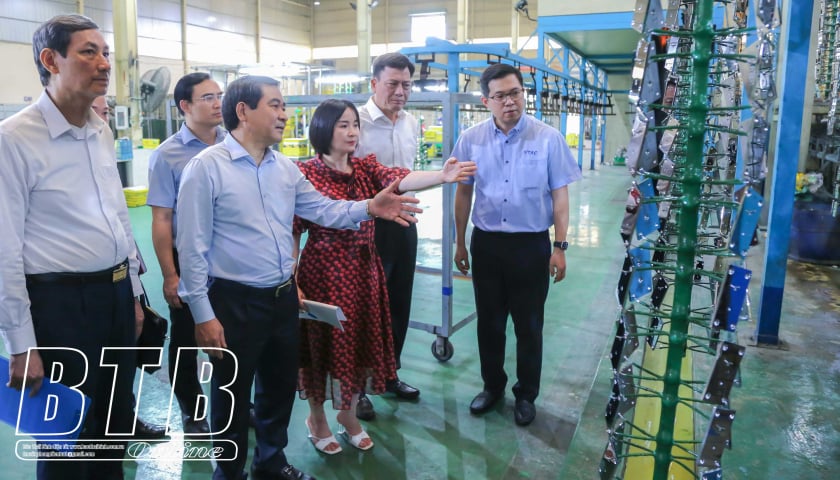



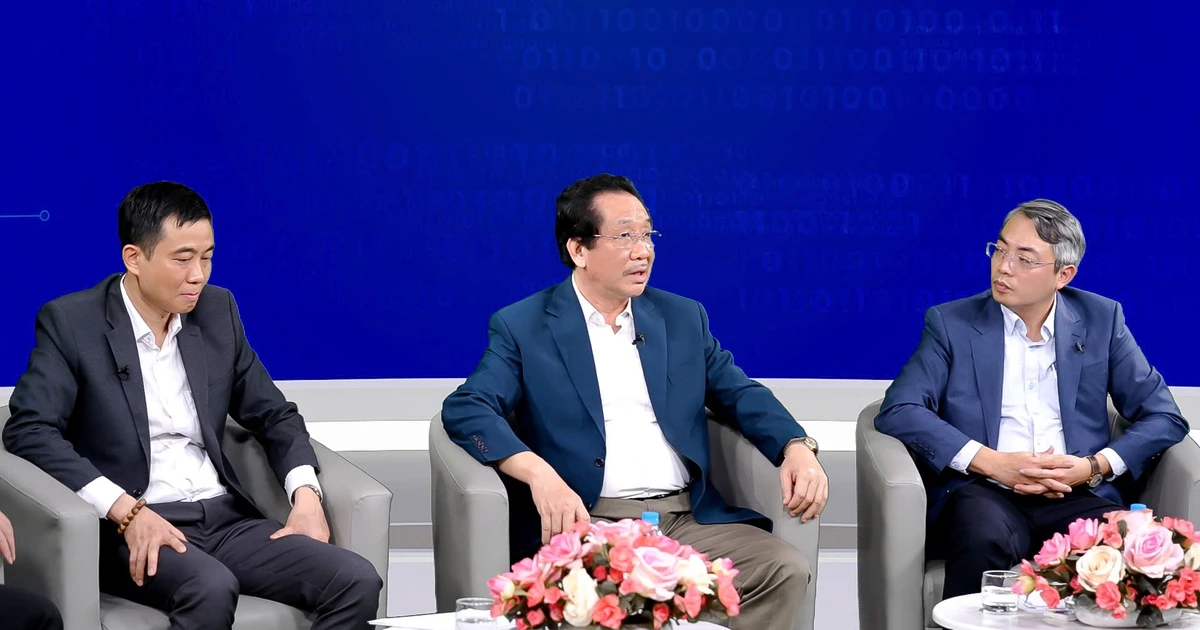

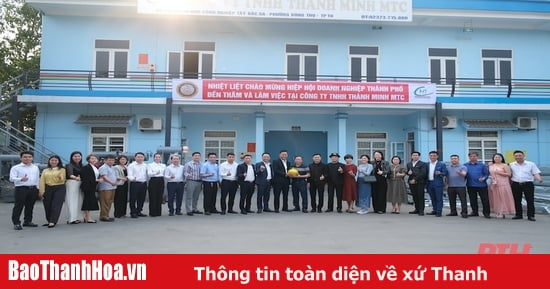

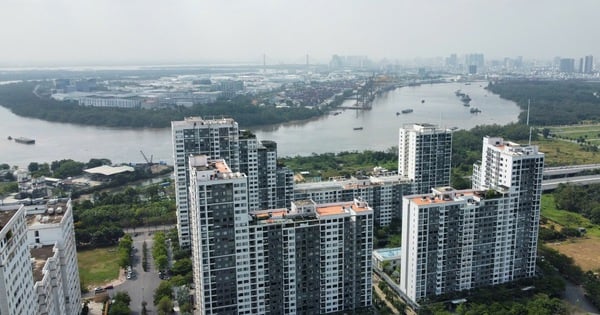


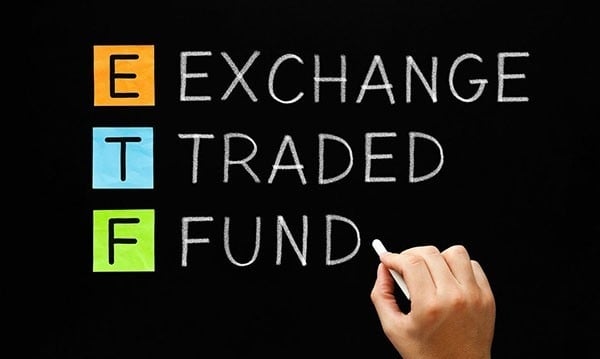










![[Photo] "Beauties" participate in the parade rehearsal at Bien Hoa airport](https://vstatic.vietnam.vn/vietnam/resource/IMAGE/2025/4/11/155502af3384431e918de0e2e585d13a)













































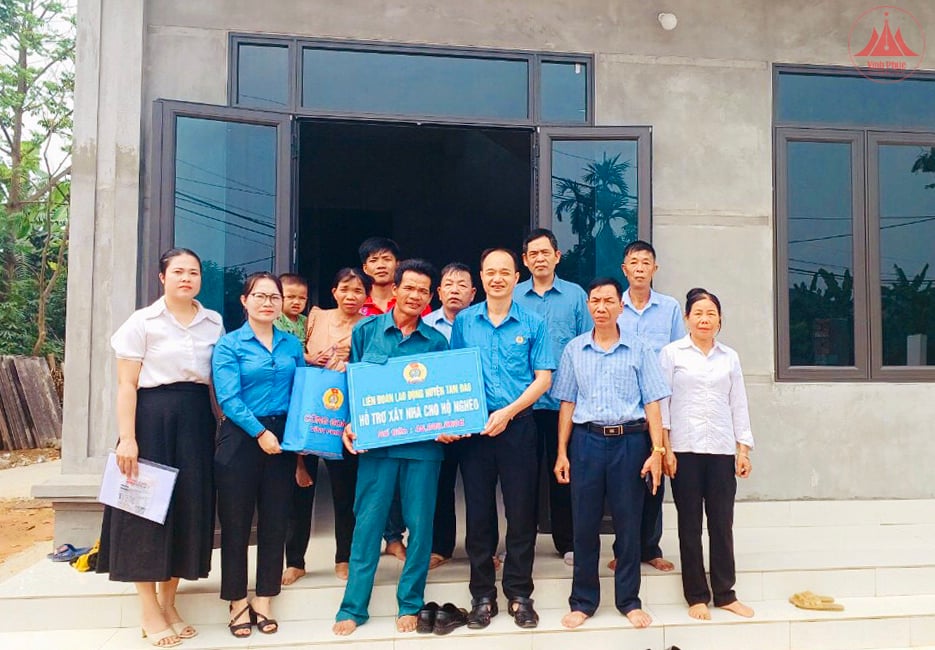


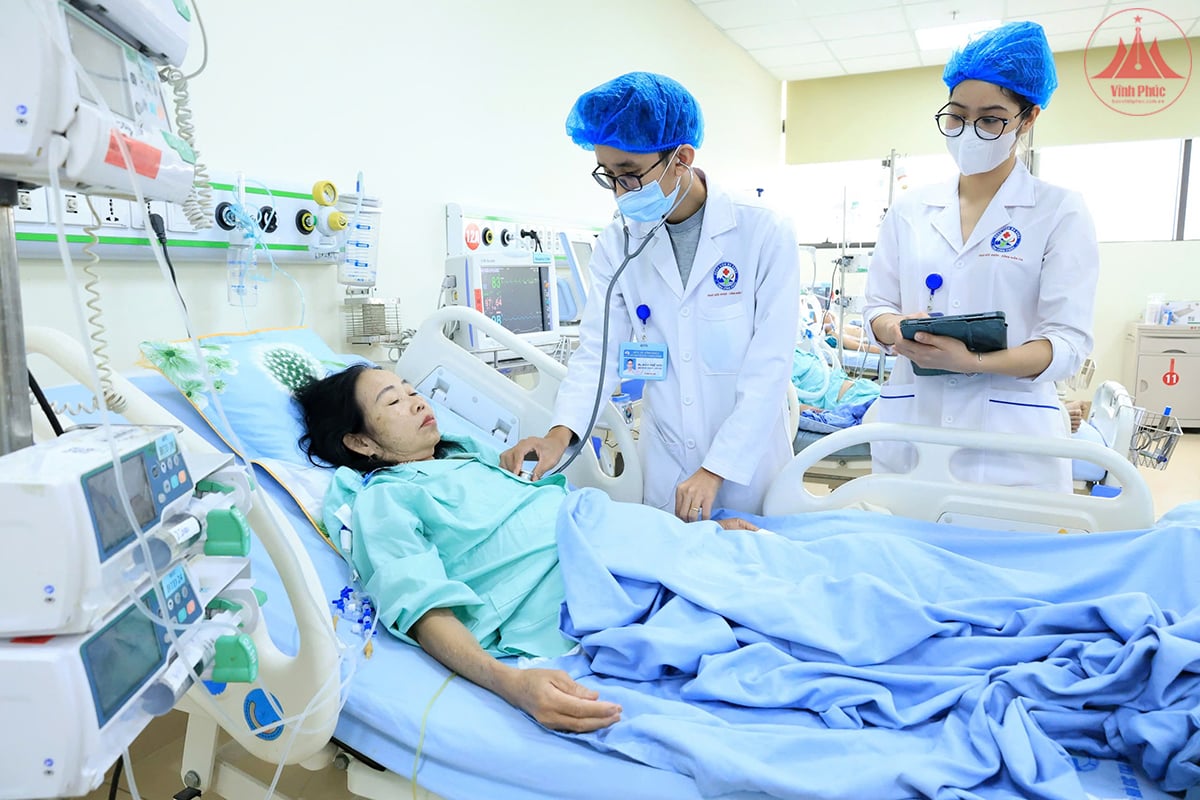
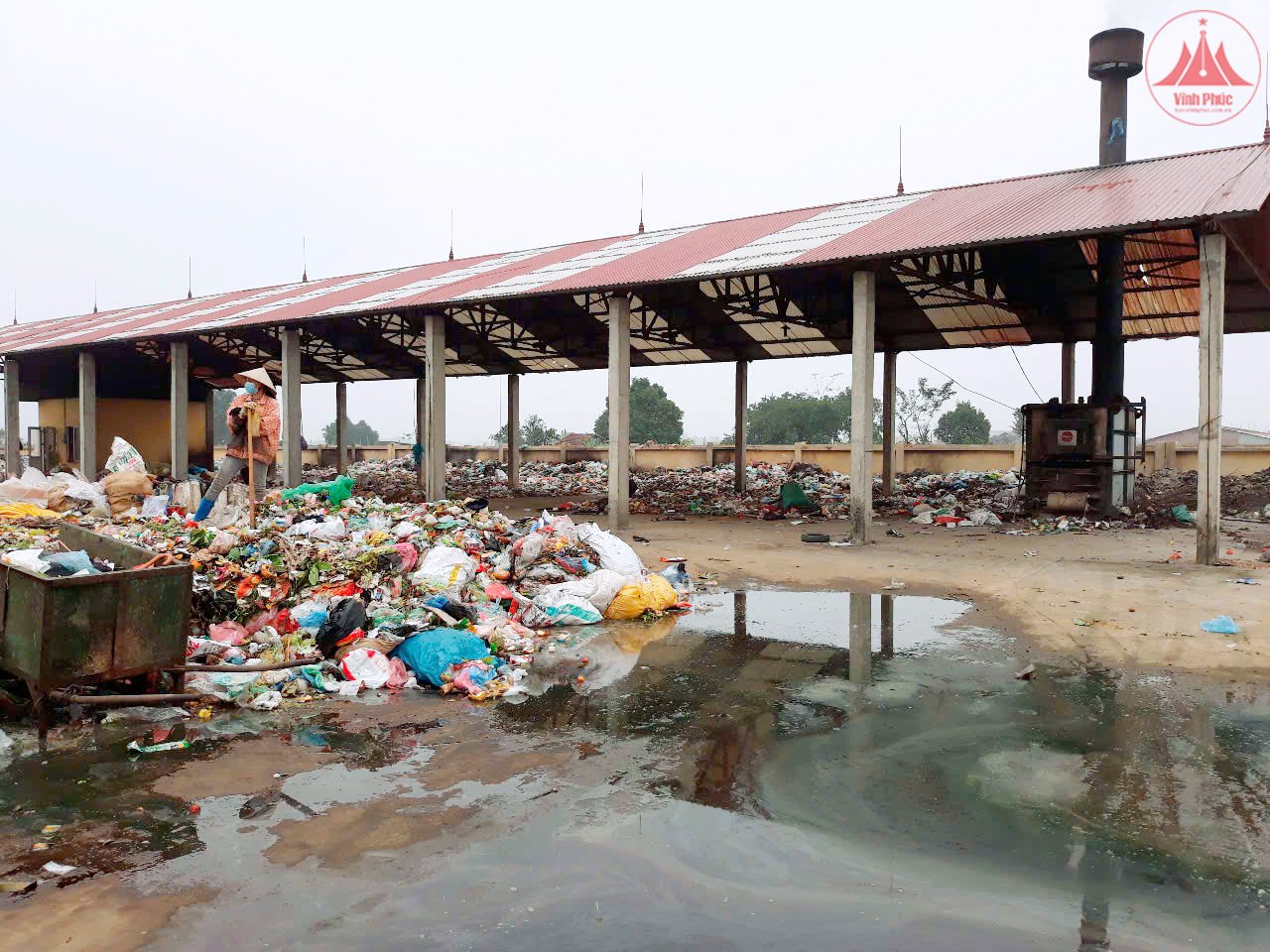
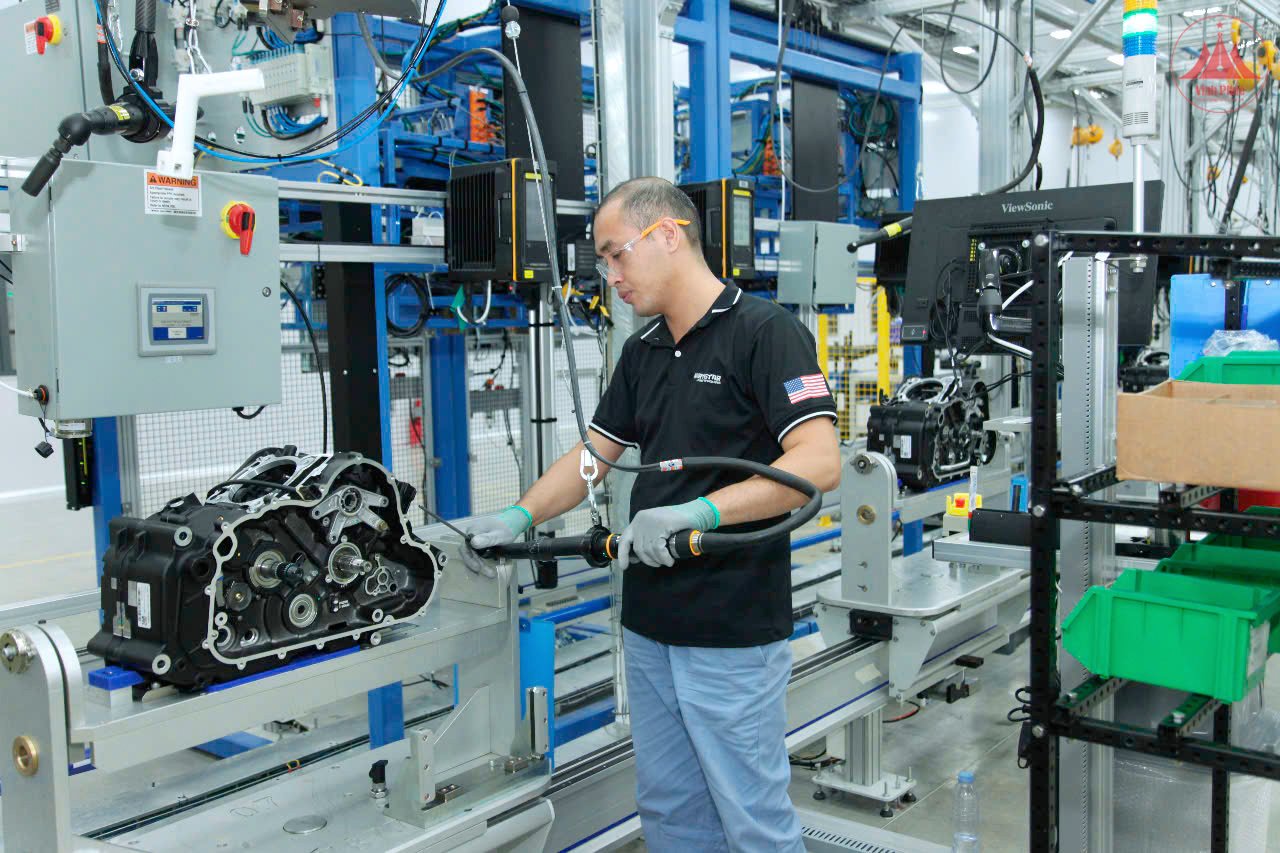












Comment (0)